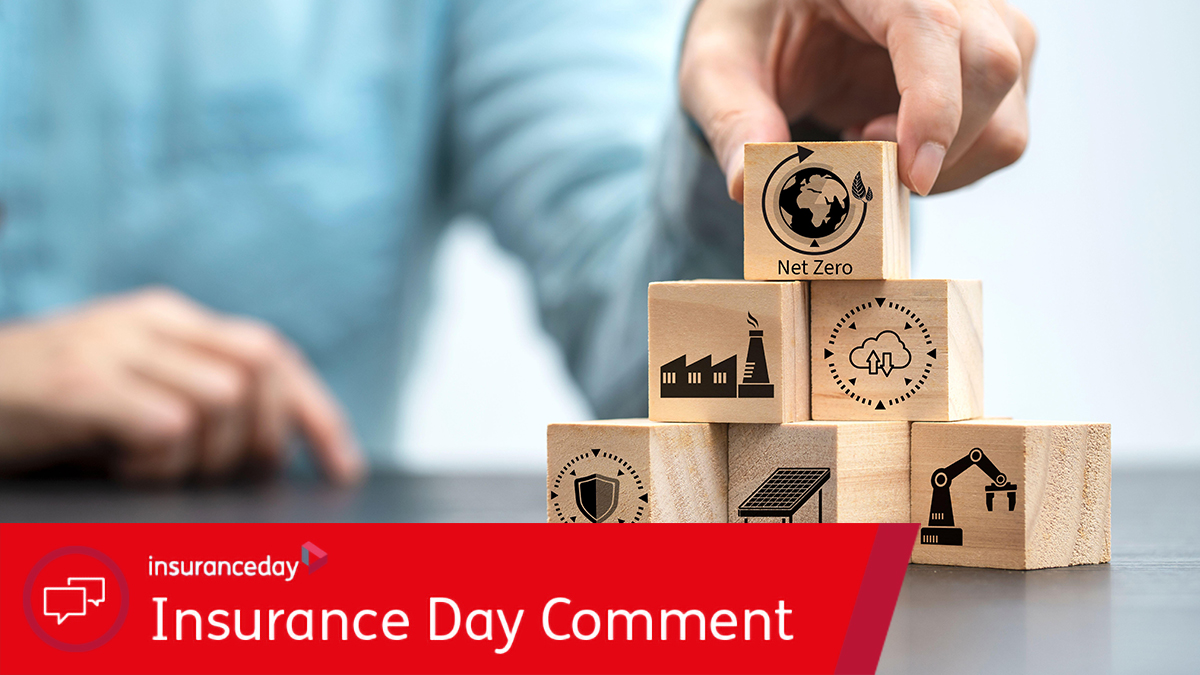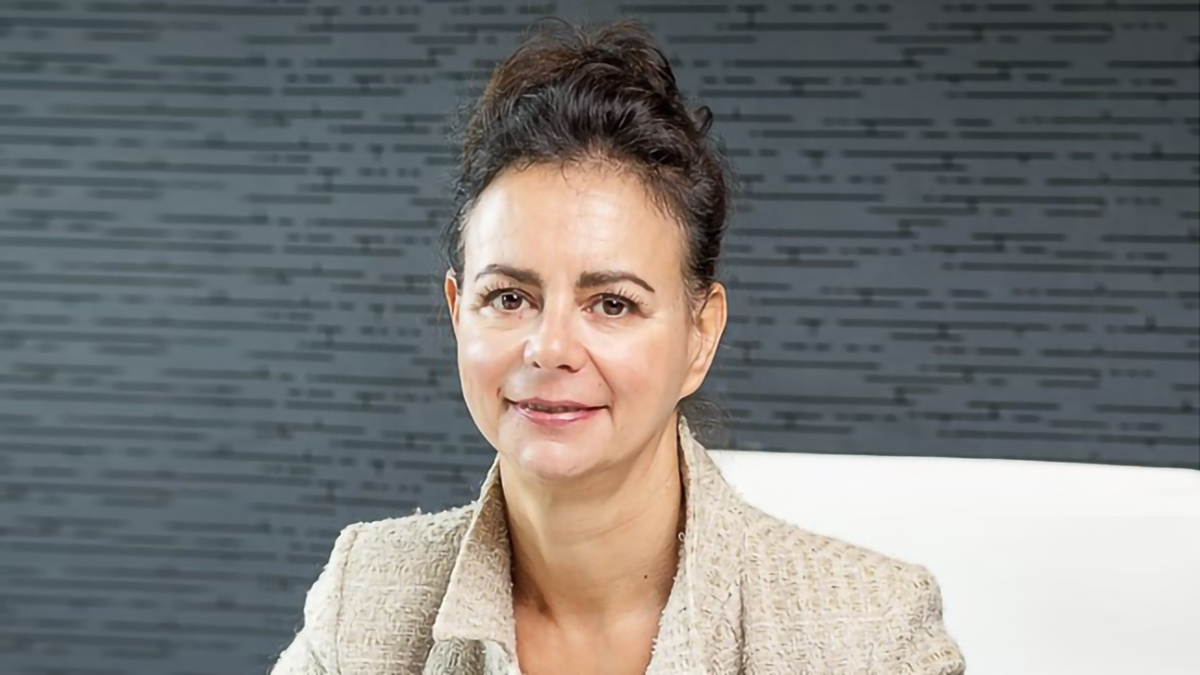Transition to net zero must be managed carefully
'I would like to know that new technology and the associated products (i.e. lithium batteries) are not going to cause greater environmental harm than the products or technology we are currently using,' Lori Wing-Heier says
Alaska’s insurance commissioner warns insurers to be alert to the potential environmental risks from new technologies in the rush to net zero
In the transition to net zero, re/insurers should be alert to potential environmental risks associated with new technologies, says Lori Wing-Heier, insurance commissioner of Alaska.
Speaking to Insurance Day, Wing-Heier says she strongly supports renewable energy and the promotion of safe green technology but she is concerned “we are reacting to the changes in our climate without, in some cases, looking for how the technology or product will look in 10 years or 20 years”.
Wing-Heier is also a co-chair of the climate risk and resiliency task force at the National Association of Insurance Commissioners (NAIC), and the association's representative at the Sustainable Insurance Forum (SIF), a global leadership group of insurance supervisors and regulators working together to strengthen understanding and responses to sustainability issues.
“Years ago, asbestos was thought to be a safe fire retardant and used in homes, commercially and in military applications. We now know that it had huge implications for the health of those that were exposed to it, and we also spent billions cleaning up asbestos,” she says.
“The use of plastics in the home and commercially – we now know that they are filling our limited landfills and clogging streams, rivers, lakes, and even the ocean causing harm to wildlife. There are numerous products that were commonly used that we now have stopped using for any application or very few applications. So, I would like to know that new technology and the associated products (ie, lithium batteries) are not going to cause greater environmental harm than the products or technology we are currently using, and I urge us to make certain that this will not be the case.”
'I would like to know that new technology and the associated products (i.e. lithium batteries) are not going to cause greater environmental harm than the products or technology we are currently using, and I urge us to make certain that this will not be the case'
On the roles that re/insurers can play in the transition to net zero, Wing-Heier notes their traditional function with helping customers to assess and manage their risk.
She explains: “Transition risk presents new challenges, and the insurance industry has an opportunity to assist their customers identify and manage those risks. Transitioning to alternative energy sources, utilising more sustainable products, complying with international and federal regulatory pressures, and managing legal concerns, all present changes for companies that may impact their exposure to potential loss.”
Insurers and reinsurers have an opportunity to add value for their customers by providing risk management services.
“The benefit is a safer transition, working collaboratively to limit exposures for insureds and their customers. It can be difficult for an insurer to underwrite newer technologies with unknown risks. There’s an opportunity for insurers to help their customers identify and track emerging risk factors and implement business strategies to reduce the risk, where possible,” Wing-Heier says.
The NAIC does not have a policy position on managing the impact of climate change, she says, but it does have a common goal to ensure insurers identify and manage their risks adequately to ensure they remain solvent to pay claims.
Commissioners also collectively have an interest in making sure insurance is available and affordable for everyone who wants and needs it to secure their financial well-being.
“It comes down to reducing risk where feasible and transferring risk where appropriate,” Wing-Heier says. “Ultimately, consumers need to be aware of their risks to manage them effectively.”
In 2020, the NAIC established an executive climate risk and resiliency task force to co-ordinate state-based efforts on this topic. As co-chair of that task force in 2023, Wing-Heier leads and coordinates those discussions.
On her role as the NAIC’s representative to the SIF, Wing-Heier says: “To the extent that states have come together within the NAIC to develop climate risk and resiliency policy or initiatives, it’s the NAIC representative's job to be familiar with that work and share it with other SIF members and, conversely, ensure that relevant groups at the NAIC, like our climate risk and resiliency task force, are aware of SIF discussions and initiatives.”
An example she gives is the NAIC climate risk and resiliency task force has produced deliverables on state-based pre-disaster mitigation programmes and a Catastrophe Modeling Center of Excellence, which provides relevant information to communicate with insurance regulators and supervisors at the SIF.
'It comes down to reducing risk where feasible and transferring risk where appropriate. Ultimately, consumers need to be aware of their risks to manage them effectively'
SIF projects, such as its reports on the affordability and availability of insurance worldwide, assimilate information on the goals of member jurisdictions. These resources and forums provide opportunities to learn from the experiences of other SIF members.
On her regional perspective of climate change, she says: “I have lived in Alaska for close to 40 years and I have witnessed the changes throughout this state. The Arctic passageway is becoming a viable alternative for shipping from Asia to Europe, and possibly even for commercial traffic, as the sea ice is farther and farther out. In some villages the permafrost is melting, and structures will topple if there is not a solution found to prop them up.”
She continues: “There was a typhoon in Western Alaska, near the Arctic Circle, in 2022. South-east Alaska has been hit with many atmospheric rivers and while the damage cannot be compared to that in California, we have lost homes due to mudslides and even lost two Alaskans a few years ago.
"Alaska, traditionally, will lose more acreage to wildfire than other states but, fortunately, we don’t lose the properties that we have seen in Colorado, California, Oregon, and other western states. We are working with organisations like the Rand Corporation and the Sitka Sound Science Center, as well as local communities, to better understand the changes to our environment and how we can mitigate the risks we are now facing and, at the same time, keep a viable insurance market.”
Having lived in Alaska for four decades, what are her personal observations of the impacts of climate change?
“From glaciers receding to all that I mentioned above, I have very much witnessed the changes to our climate. But I have also witnessed the commitment of our local and state governments to work with all industries on changing the way they operate as well. From changes on the North Slope of Alaska, where Prudhoe Bay is located, to disposal of hazardous materials in a local landfill, Alaskans are committed to pulling together to negate climate change where we can by working with all stakeholders so that we continue to be a destination that all want to at least visit, if not invest in or move their families to.”



